TreSorGips - Development of a recycling process for the minimisation and recovery of residues from gypsum extraction and processing
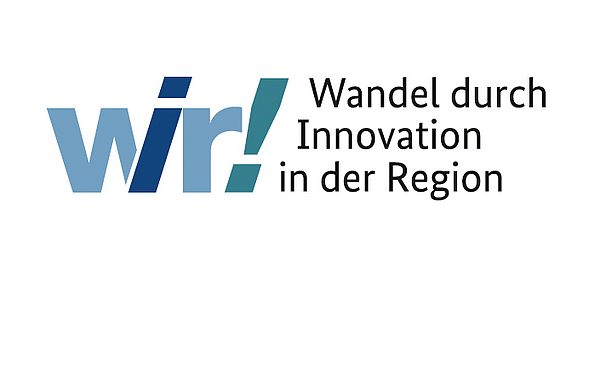
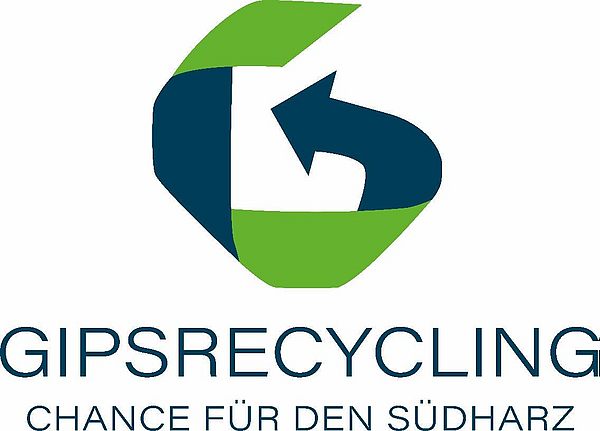
Project Description:
Gypsum is considered an important lead material for modern and flexible construction solutions in the interior finishing of residential and commercial buildings, which makes it possible to separate load-bearing and durable shell construction from contemporary interior finishing that is individually adapted to the existing building fabric. Currently, more than 50 % of the German gypsum demand is still covered by FGD gypsum from coal-fired power generation. In conjunction with the ongoing construction boom, the decision to phase out coal-fired power generation in 2019 will lead to a significant shortage of gypsum as a raw material. By 2050, an increase in the demand for natural gypsum from the current 40 % to 70 % is forecast.
With funding from the BMBF, solutions to the problems resulting from the increasing demand for natural gypsum are to be found within the framework of the joint project TreSor-Gypsum - "Separation and Sorting of Gypsum" in the period from October 2020 to March 2023. With the project partners CASEA GmbH, Siebtechnik TEMA and IAB Weimar gGmbH as well as the Institute for Processing, Landfill Technology and Geomechanics of the Clausthal University of Technology, the Southern Harz as the largest German mining region can be specifically addressed.
A combination of new and innovative processes for the dismantling of existing stockpiles and the optimisation of existing processing plants will enable not only future-oriented and sustainable gypsum extraction, but also the conservation of existing deposits and the preservation of the landscape. In detail, the existing dumps are to be reduced by at least 50 % with a gypsum stone content of at least 85 % in the recyclable fraction obtained from it. Research is to be carried out to find new sales channels for secondary products that will be produced from the tailings in the future. In order to prevent the creation of further stockpiles, the existing processing technology is to be optimised and the residual fraction produced during ongoing operations is to be reduced by 40 %.
The sustainable management of resource stocks makes a positive contribution to social discourse and the concepts developed can be transferred regionally after the end of the project.
The main project steps are:
- Characterisation of the stockpiles and the determination of general conditions
- Optimisation of the existing processing
- Carrying out calcination tests with intermediate rock, stockpile material and residual fraction
- Development and piloting of a treatment process for the existing stockpiles
- Transfer of innovation to other tailings piles
Industry partners:
- CASEA GmbH,
- screening technology TEMA
- IAB Weimar gGmbH
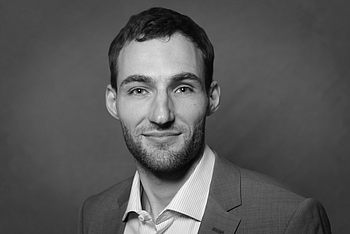
Contact Person: M. Sc. Jacob Fenner Research Assistant
Contact
Phone: +49 5323-72-2569
E-Mail: jacob.fenner@tu-clausthal.de
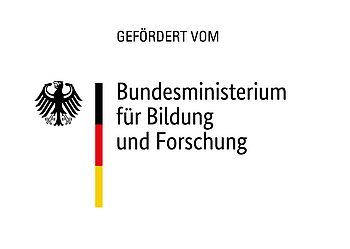
Subsidy reference number: 03WIR0305B
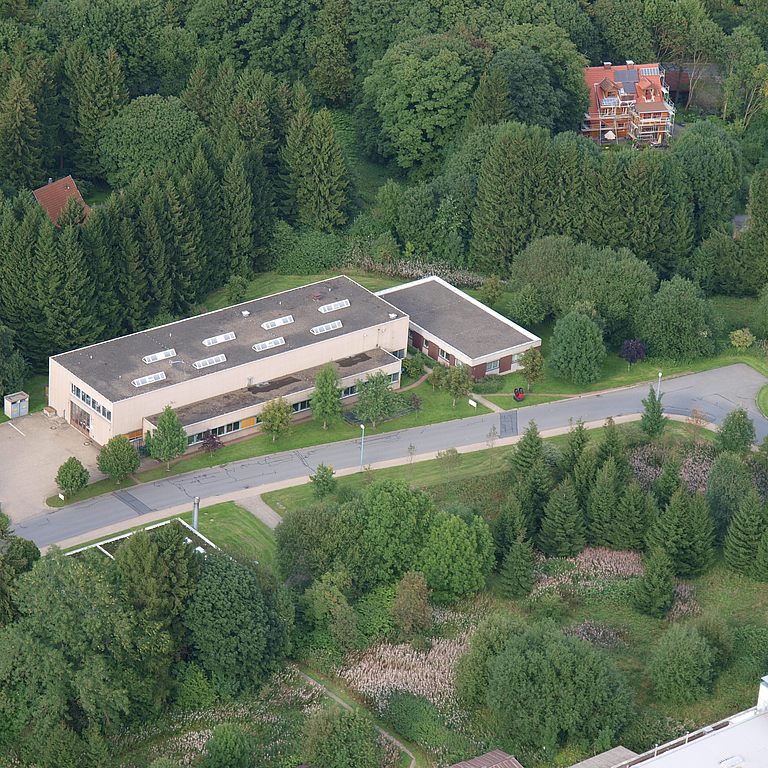
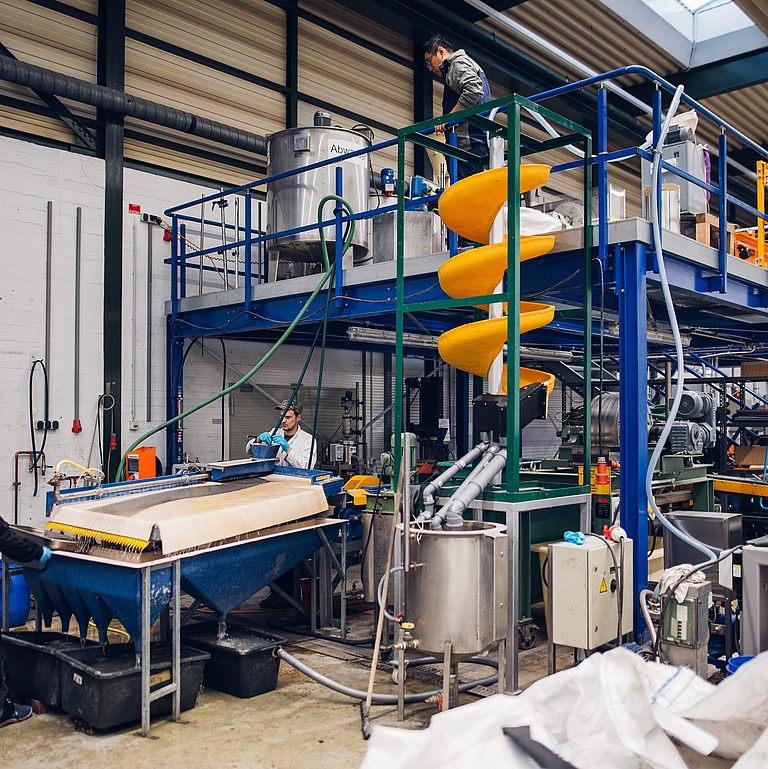
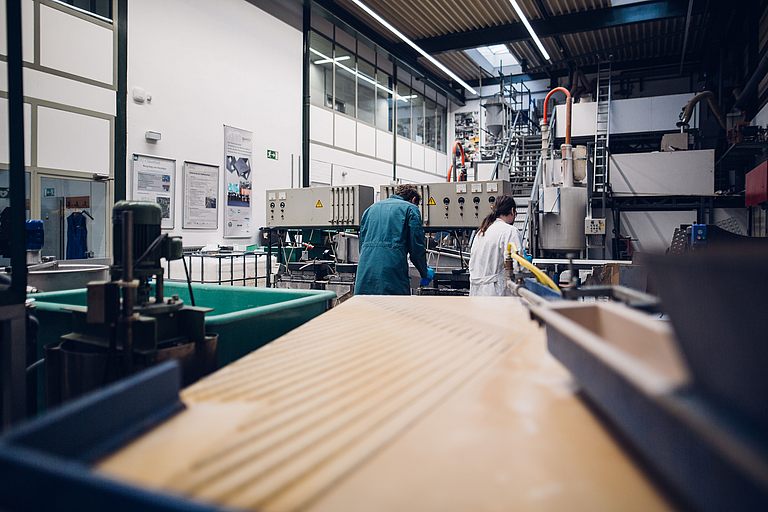
![[Translate to English:] [Translate to English:]](/fileadmin/_processed_/0/e/csm_duesenfeld_jun18_098_lowres_dd33377237.jpg)
![[Translate to English:] [Translate to English:]](/fileadmin/_processed_/d/3/csm_duesenfeld_jun18_108_lowres_31e25a0a0c.jpg)
![[Translate to English:] [Translate to English:]](/fileadmin/_processed_/3/0/csm_PA8A0066_25a6616405.jpg)
![[Translate to English:] [Translate to English:]](/fileadmin/_processed_/c/d/csm_PA8A6326_b23db2d7fe.jpg)
![[Translate to English:] [Translate to English:]](/fileadmin/_processed_/8/2/csm_PA8A6373_333262f3c8.jpg)
![[Translate to English:] [Translate to English:]](/fileadmin/_processed_/7/f/csm_PA8A9524_5b4d7e23a0.jpg)
![[Translate to English:] [Translate to English:]](/fileadmin/_processed_/3/3/csm_PA8A9545_bd53136455.jpg)
![[Translate to English:] [Translate to English:]](/fileadmin/_processed_/8/d/csm_PA8A9673_2c9b95d9b4.jpg)